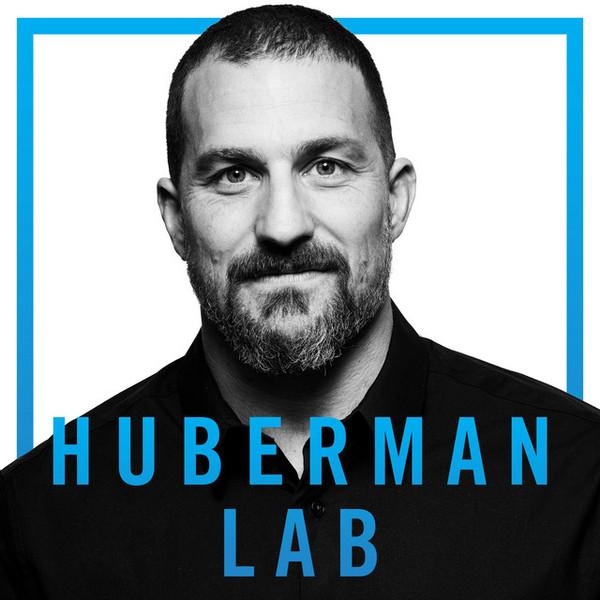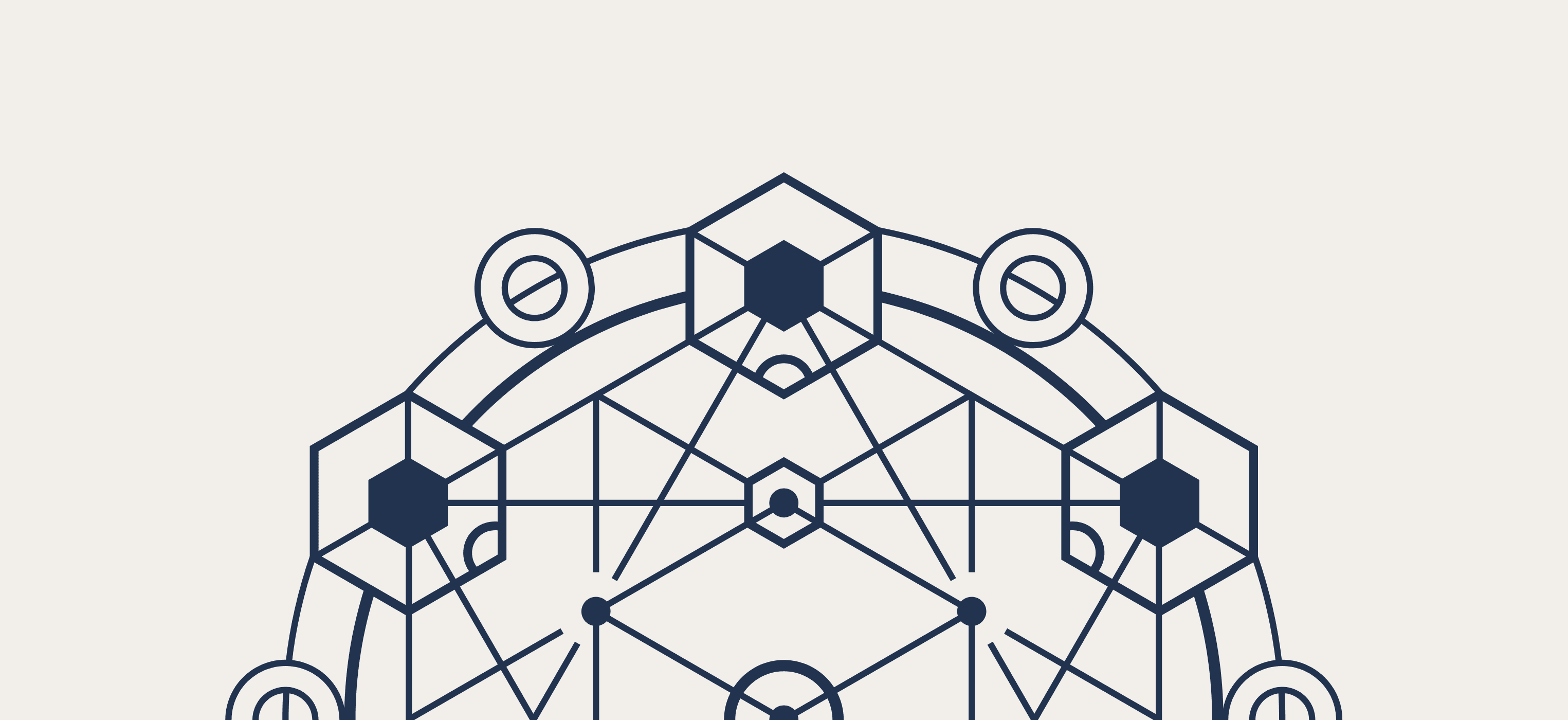Master Your Sleep & Be More Alert When Awake — Episode #2
Curated from: Huberman Lab
Ideas, facts & insights covering these topics:
7 ideas
·4.41K reads
31
1
Explore the World's Best Ideas
Join today and uncover 100+ curated journeys from 50+ topics. Unlock access to our mobile app with extensive features.
Adenosine and Sleep Drive
Adenosine builds up the longer we are awake, creating a “sleep drive” or hunger. It binds to receptors in the brain that normally promote wakefulness. Caffeine promotes wakefulness by blocking adenosine receptors. Each person must determine how caffeine impacts them and at what times of day it is appropriate.
36
853 reads
Circadian Clocks and Rhythms
We have an internal “clock” that regulates sleep-wake cycles over roughly 24 hours (circadian). It is most directly set by light exposure, especially sunlight. Sunrise triggers a rise in cortisol, promoting wakefulness. 12–16 hours later, the pineal gland releases melatonin, promoting sleepiness. Avoiding light at night prevents disrupting this rhythm. Circadian rhythms also impact hormones, body temperature, hunger, etc. They are linked with health, mood, and longevity.
35
673 reads
Light: The Key Zeitgeber
Light, especially sunlight, is the strongest “time giver” (zeitgeber) for circadian rhythms and sleep. Melanopsin-containing retinal ganglion cells detect light and signal the central circadian clock, called the suprachiasmatic nucleus. Bright light in the morning advances your clock, while light at night delays it. Get sunlight/bright light exposure for 2–10 minutes right after waking, and avoid bright lights 1–2 hours before bed for optimal sleep.
42
633 reads
Considerations
- Magnesium, theanine, apigenin and melatonin are natural supplements that may aid sleep for some. However, they can disrupt circadian rhythms or have side effects, so consult a doctor before use.
- For some, naps and “non-sleep deep rest” like meditation or hypnosis reset focus and promote sleepiness. They are skills that improve with practice.
- It is easier to stay awake than force oneself to sleep. Relaxation practices using the breath and body help calm the mind for sleep.
39
596 reads
How do circadian rhythms interact with and influence other biological processes?
Circadian rhythms arise from the central clock in the brain but impact the timing of physiological events throughout the body. They regulate hormones, body temperature, metabolism, hunger, immune function, and more. Disrupting them can lead to weight gain, diabetes, depression, and dementia over time.
36
533 reads
What makes it hard to fall asleep even when very tired?
The mind continues analyzing, planning and problem-solving (D-P-O), especially if excessively stimulated before bed. Relaxation techniques help calm the mind by focusing it on the body and breath. They can reset wakefulness-promoting neuromodulators, easing the transition to sleep.
40
555 reads
Master Your Sleep & Be More Alert When Awake — Key Takeaways
- Get sunlight exposure, ideally first thing after waking. Use artificial light if needed. This sets your circadian clock and hormonal rhythms for the day.
- Avoid overhead and electronic lights, especially blue light, 1–2 hours before bed.
- Stick to a consistent sleep schedule, even on weekends. Our bodies like predictability.
- Keep a consistent exercise schedule during the day or afternoon. Avoid intense workouts close to bedtime. Exercise is stimulating.
- Stay away from caffeine, nicotine, and alcohol close to bedtime. Do something calming like reading, or a warm bath.
49
571 reads
IDEAS CURATED BY
I share the best ideas from books, podcasts, and daily discoveries. Join me in learning something new every day.
CURATOR'S NOTE
The podcast discusses how to optimize one's sleep-wake cycle by controlling light exposure, timing of food and exercise, and relaxation practices. It covers the role of adenosine, circadian rhythms, cortisol, and melatonin in regulating alertness and sleepiness. Viewing bright light, ideally sunlight, during the day and avoiding it at night helps to anchor one's circadian clock and hormonal cycles for better sleep, mood, and health.
“
Similar ideas
11 ideas
5 ideas
7 ideas
Read & Learn
20x Faster
without
deepstash
with
deepstash
with
deepstash
Personalized microlearning
—
100+ Learning Journeys
—
Access to 200,000+ ideas
—
Access to the mobile app
—
Unlimited idea saving
—
—
Unlimited history
—
—
Unlimited listening to ideas
—
—
Downloading & offline access
—
—
Supercharge your mind with one idea per day
Enter your email and spend 1 minute every day to learn something new.
I agree to receive email updates

